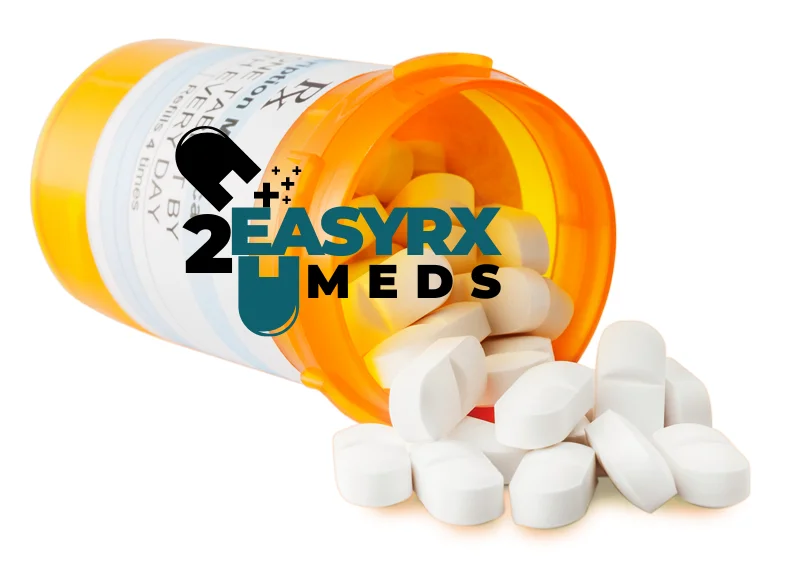There is no item in your cart
Introduction of Ritalin:
Ritalin vs Adderall is the brand name for methylphenidate, a prescription medication commonly used to treat attention deficit hyperactivity disorder (ADHD) and, in some cases, narcolepsy. Ritalin works by affecting chemicals in the brain, particularly dopamine and norepinephrine.
Key Aspects:
- Purpose: Primarily prescribed for managing ADHD symptoms, including inattention, hyperactivity, and impulsivity.
- Formulation: Ritalin comes in immediate-release, sustained-release, and extended-release formulations, allowing doctors to tailor the treatment based on the patient’s needs.
-
Benefits:
- Improved Attention: Ritalin vs Adderall helps enhance focus and concentration in individuals with ADHD, enabling them to complete tasks more effectively.
- Reduced Hyperactivity: The medication can significantly decrease hyperactive behavior, allowing for more controlled and composed actions in various settings, such as at home and in school.
- Better Impulse Control: Ritalin can improve self-regulation and reduce impulsive behaviors, helping individuals think before acting.
- Enhanced Academic Performance: By improving attention and focus, Ritalin can lead to better performance in school, including improved grades and increased participation in class activities.
- Support for Daily Activities: The medication can help individuals manage daily tasks more efficiently, leading to better organization and time management.
- Sleep Regulation: In some cases, Ritalin may help regulate sleep patterns, particularly in individuals with narcolepsy, reducing excessive daytime sleepiness.
- Long-lasting Effects: With extended-release formulations, Ritalin can provide symptom control throughout the day, allowing individuals to maintain focus during school or work hours without the need for frequent dosing.
- Improved Quality of Life: By alleviating the symptoms of ADHD or narcolepsy, Ritalin vs Adderall can contribute to an overall better quality of life, including improved relationships and social interactions.
- Complementary to Therapy: Ritalin is often used in conjunction with behavioral therapies, enhancing the effectiveness of treatment plans and helping individuals develop coping strategies



Reviews
There are no reviews yet.